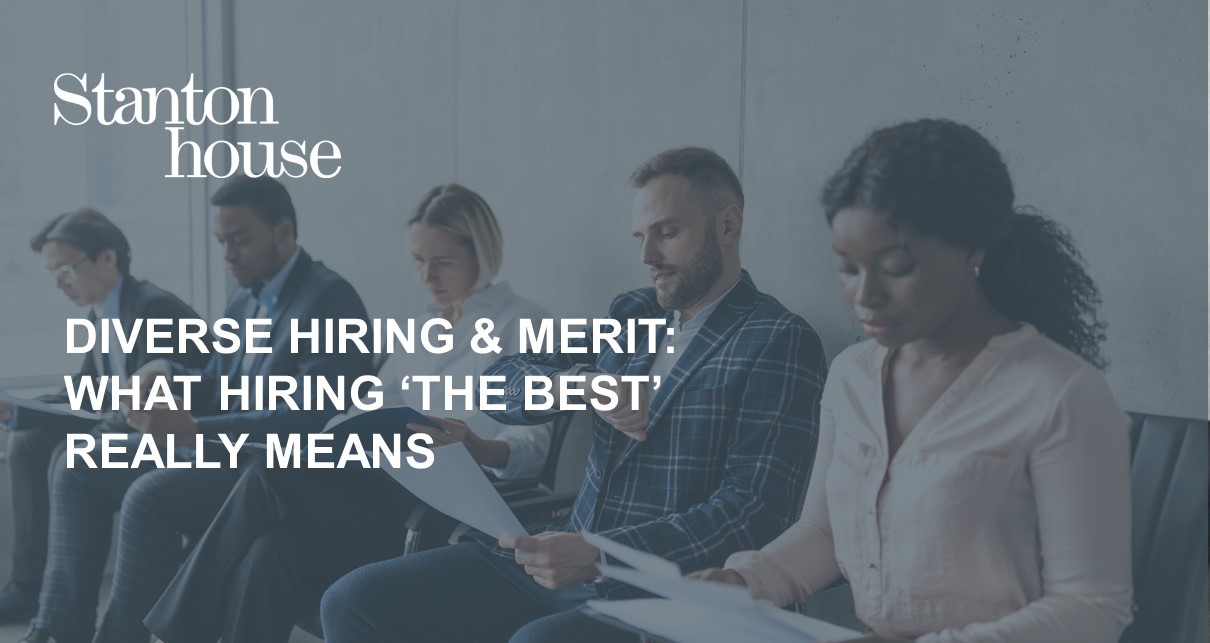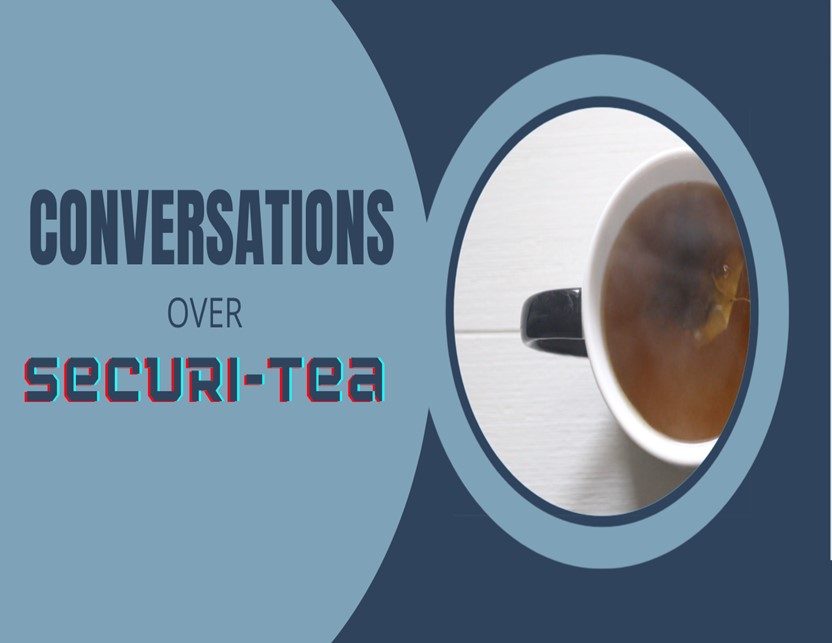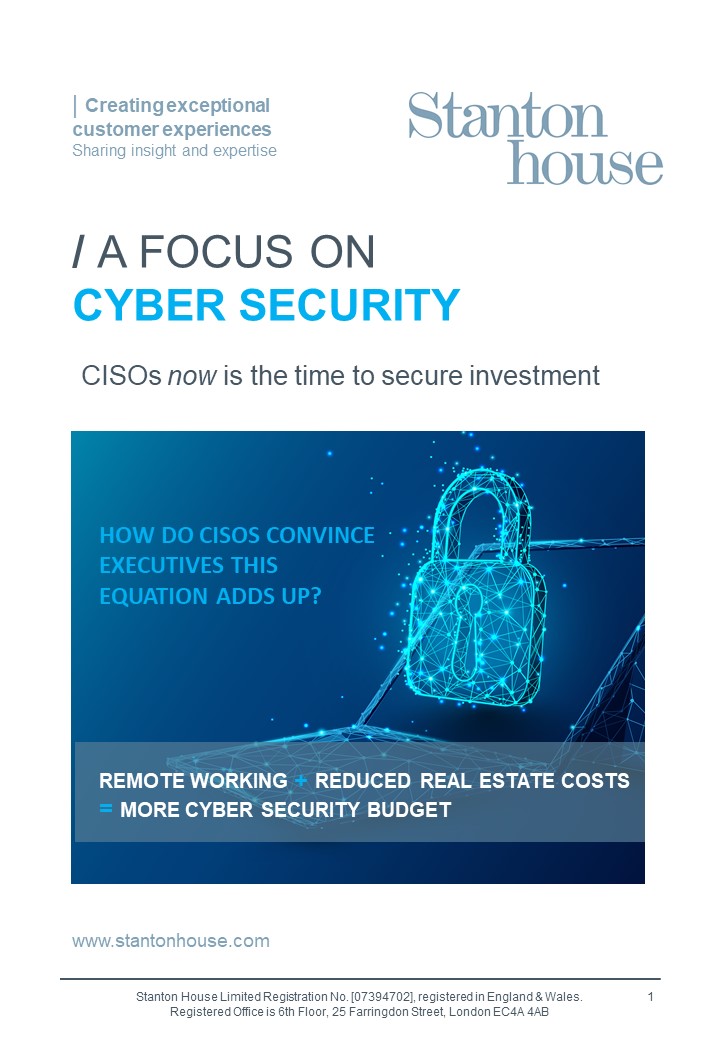

Personal achievements are intrinsically linked to social background
I moved from the Netherlands to England six years ago, and I really didn’t expect there to be a huge culture shock. For the most part, there hasn't been, if we ignore the raised eyebrow now and again when I bring out my Dutch directness. However, the one thing that still stands out for me is the English class system. Perhaps my Dutch directness allows me to tackle this, often debated subject. From my point of view, there seems to be a disconnect between the global practice of hiring on merit (the principle of hiring on personal achievement rather than social background) and a rigid class system. How can you truly hire on personal achievement only, if your social background is the most important aspect of getting access to those achievements?
I believe my career would have been different if I was born in England. I grew up in farmlands in the South of the Netherlands and am from a proud blue-collar family. The Dutch system allowed me cheap and easy access to university and internships were arranged by the school (not your family friend!). That is not to say everything was perfect in the Netherlands, for example, my Southern accent isn’t always seen in the best light, but barriers for me studying at university and later working in the City of London were much, much lower, than they would have been if I was from a similar background here in the UK.
Leading L&D and D&I at Stanton House means that I think about hiring a lot! There is one phrase I hear employers say a lot, regardless of their sector or the level of seniority they are hiring, and that is: ‘we just want the best candidate.’ In other words, we hire on merit only, not on social background. It is often used as a counterargument for diversity hiring. We don’t want to hire on a characteristic, but we want to hire on achievement only – that is the only way to be bias-free and fair. I want to challenge ‘hiring the best’, that is not to say I think we shouldn’t hire the most suited candidate, but it does mean that I believe we should challenge ourselves to think about who, and what decides the meaning of ‘the best’.
Merit is not the sole factor driving our talent decisions
The first issue comes with the initial selection round, a hiring manager will see a CV and at times a cover letter. What do you look at? Past work experience at a well-known organisation, a Russell Group University degree and perhaps early exposure to the workplace with a hard to come by an internship at Google? Yes, you can achieve all of those things with hard work and resilience. Important skills to have. However, the reality is that access to these elements of merit is not equally divided. It is much harder for someone from a working-class background to gain an internship, if they do not have the right family connections. Access to university varies greatly depending on your family’s ability to pay for private education, an academic tutor or even in some cases the tuition itself. The university experience, including the grades you receive, is different for people from specific ethnic groups, due to structural racism and microaggressions in the university environment (Atherton & Mazhari, 2021). The skills we value in a leader are more frequently taught to men, rather than women, from an early age, making access to leadership jobs more difficult (Offerman & Coats, 2018). Thus, as mentioned before, personal achievements are intrinsically linked to social background – even more so in class societies like the UK, creating issues right from the beginning of the hiring process.
After the initial selection of candidates, a method is chosen to make the decision on who to appoint. Similarly, to the first round, whichever method you use, a completely bias-free one has not yet been discovered. Interviews, for example, even structured ones, are conducted by people and people are inherently influenced by the societal context they have grown up in. There is ample evidence of unconscious bias in the hiring process, and we have not yet found a fool-proof way to solve this. How can we, when these biases are ingrained into us from birth? Another selection method often used is cognitive ability testing. However, these tests are widely known to be biased against ethnic minorities, not least because of the western origins of these tests. What’s more, studies finding a positive link between cognitive ability and job performance are largely from North America, and universal evidence for this link is lacking (Byington & Felps, 2010).
Let’s assume for a moment that we did crack this issue and that a completely biased-free selection method exists, one that truly tests who the best person for the job is from a purely technical perspective. We are then ignoring a big part of working life, namely, you don’t only hire for the technical aspect of the job, you also hire for the human behind those skills. You want someone in your team that you like, and that you feel you can work with. Early research by Silverman and Jones (1976) and more recent work by Bolander and Sander (2013) all conclude that in practice a hiring decision is often made in a split second early on in the process, and any method used to evaluate candidates afterwards is used simply to justify that decision. ‘First impressions are everything’ is a cliché for a reason, and both recruiters and hiring managers will often decide on suitability in a mere minute.
Redefining what we mean by ‘the best’
So, what can we do? Stepping away from the notion of ‘the best’ is the first step. Looking differently at jobs is a second. Step back and consider what the technical skills someone needs to do the job? And be honest about it, don’t let your ego get in the way! There aren’t that many roles that actively require a master’s degree or a PhD and a lot of skills can actually be taught on the job. Investing in a good L&D department is key here, to help people obtain the skills they need to succeed. In addition, having a renewed look at what we value is important. For example, is an unpaid internship in a bank that much more valuable than growing up having to care for a family member and taking care of their finances? Are there different questions we can ask in interviews that perhaps highlight experiences beyond our classic idea of a qualification. Think about questions like ‘what is the best skill you have learned outside of your career, and how did you obtain that skill?’ and ‘what is a barrier you had to overcome in your personal life’?
All of this has to go hand-in-hand with continuously challenging our own biases, not through a once-a-year training programme, but every day holding up that mirror of our understanding of the world. What bias do I hold, and how does this influence who I choose to see as the best hire?
I am very grateful to work at a company that hires without any specific experience needed, all the skills are taught on the job, putting values ahead of achievement. And the good news is that we are actually hiring at the moment, so have a look at our opportunities here.
Similar blogs




